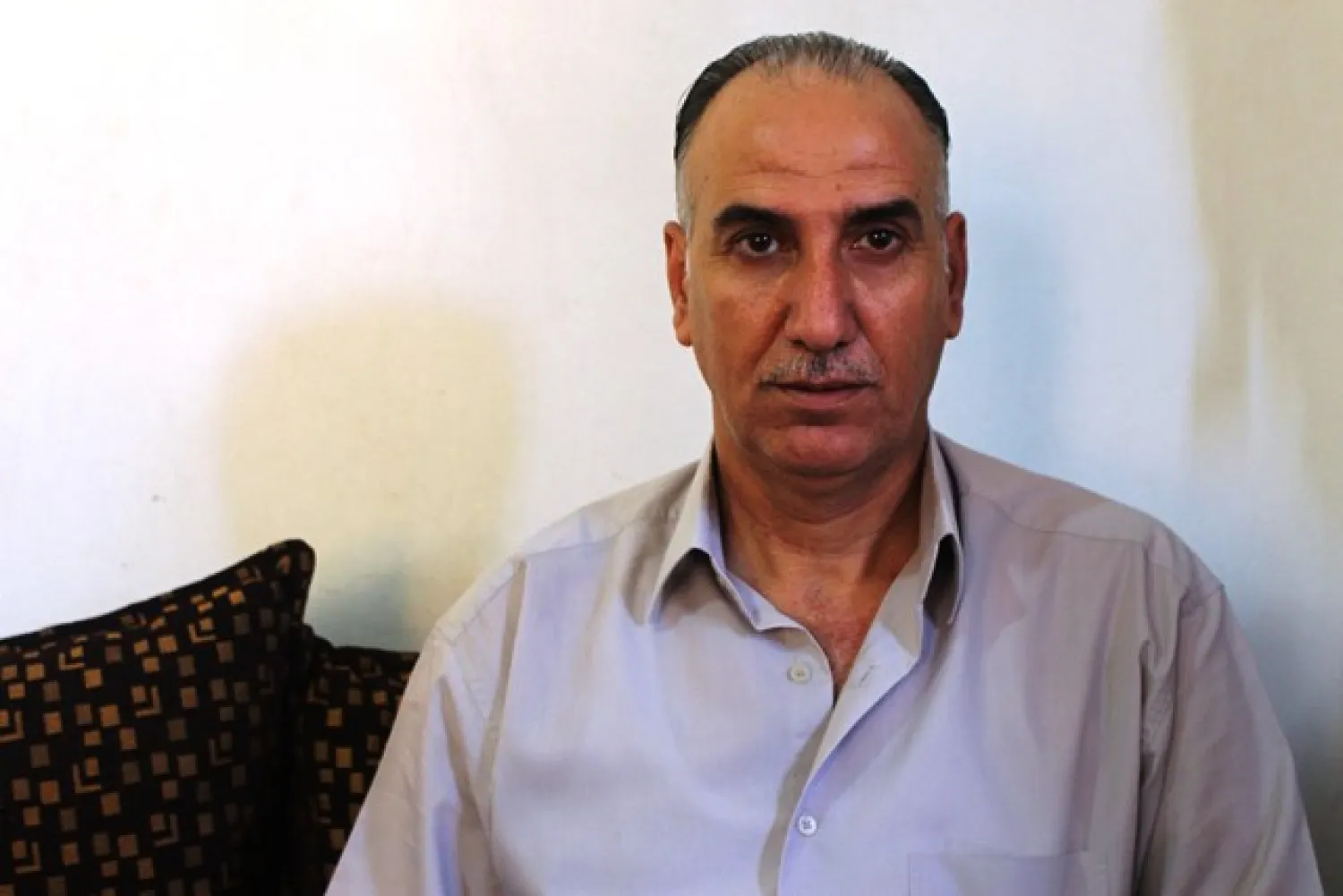The Syrian Democratic Council informed Russia that the Syrian regime had refused to hold talks with the Autonomous Administration in northeast Syria, Hikmat Habib, a member of the presidential body of the Syrian Democratic Council, the SDF's political arm, said Friday.
Early this month, President of the Syrian Democratic Council Ilham Ahmed had announced reaching an agreement with the head of the People’s Will Party, Qadri Jamil, in the presence of Russian Foreign Minister Sergei Lavrov.
“The Russian FM had heard from the two delegations their views concerning the political solution and their attachment to the political process and the need to extend inter-Syrian talks to include all sides,” Habib said.
He noted that Lavrov asked his deputy Mikhail Bogdanov to work on increasing the number of representatives from the Autonomous Administration and the SDF, involving them in international talks on the Syrian crisis, and finding means to add them to the constitutional committee.
“When the Russian FM asked the delegation coming from Qamishli about its meetings and discussions with the Syrian government, we informed him that the regime has not initiated any practical steps towards political talks, but on the contrary, it deliberately provoked tension in the countryside of Deir Ezzor by ordering residents to stir up incitement against the Administration and its military forces,” Habib said.
Commenting on the Russian role in East Euphrates, the SDF official said that Moscow supports a ceasefire in the area through patrols, controlling borders, and stopping Turkish threats.
“From our side, we respected the truce and we reported to the Russian side Turkish violations and attacks on the area,” Habib said, adding that senior Russian officials at the Foreign Ministry confirmed that the next phase would witness calm and stability in the area.
“The Russians and their international partners would strengthen the ceasefire and would not allow further military escalation,” he noted.









